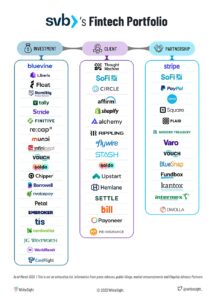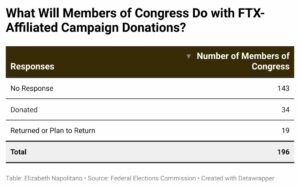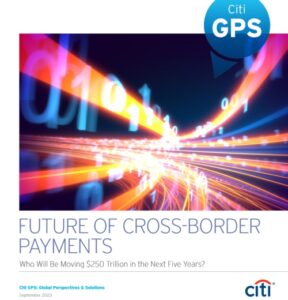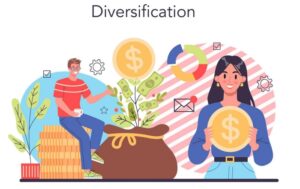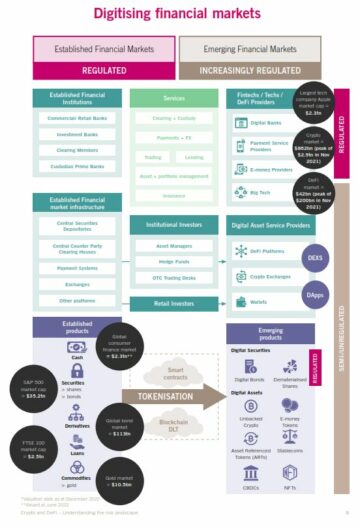Ahead of Davos’ Cooperation in a Fragmented World: In Data We Trust
Devex | Adrian Lovett | Jan 13, 2023

Image: Pexels/Lukas
This year’s Davos theme, Cooperation in a Fragmented World, seems particularly apt. Indeed, these issues feature heavily in the WEF’s own predictions of the greatest global risks over the next decade.
- Since the last Davos meeting, a series of alarms have been sounded. The World Bank has said that the goal of ending extreme poverty by 2030, the first promise of the U.N. Sustainable Development Goals, can no longer be achieved, and warned this week of a possible global recession ahead.
See: BIS Report: Can CBDCs be designed to help financial inclusion?
- 5 distinguishing features of good, trusted, decision-ready data:
- Accurate and timely data can help us understand the true scale of the challenges we face. Data can help us highlight global, regional, and national poverty trends, track where development finance is going, understand how the ebb and flow of funding affects humanitarian crises from Ukraine to Somalia, or investigate how much is really spent on climate finance or funding local humanitarian organizations.
- Helps us look forward AND back: Too often, gaps, inconsistencies, and delays in the data mean we are looking in the rearview mirror at a partial or ambiguous picture. Donors can help address this issue by publishing high-quality, timely data using common standards such as the International Aid Transparency Initiative, strengthening accountability for how resources are used and how effectively.
- It enables us to understand that people’s lives are nuanced and complicated: As well as broad trends, data can help us build a more nuanced picture of people’s lived experiences. After all, poverty isn’t just about whether a person’s income is above a particular monetary threshold; it’s a multidimensional phenomenon determined by many factors such as access to health care, education, or jobs.
See: RBC’s Climate Claims Being Investigated by Competition Bureau
- Geared towards being used: Much progress has been made in making more data open and accessible, but its potential can only be realized if it is actually used. Data systems may be fragmented or produce data that is difficult to analyze. Data may sit unused in so-called data graveyards, eventually being lost and forgotten.
- It is legitimate: locally owned and responsibly collected, managed, and used
Continue to the full article --> here
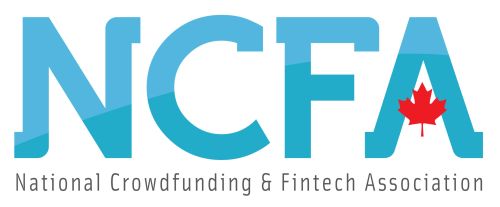 The National Crowdfunding & Fintech Association (NCFA Canada) is a financial innovation ecosystem that provides education, market intelligence, industry stewardship, networking and funding opportunities and services to thousands of community members and works closely with industry, government, partners and affiliates to create a vibrant and innovative fintech and funding industry in Canada. Decentralized and distributed, NCFA is engaged with global stakeholders and helps incubate projects and investment in fintech, alternative finance, crowdfunding, peer-to-peer finance, payments, digital assets and tokens, blockchain, cryptocurrency, regtech, and insurtech sectors. Join Canada's Fintech & Funding Community today FREE! Or become a contributing member and get perks. For more information, please visit: www.ncfacanada.org
The National Crowdfunding & Fintech Association (NCFA Canada) is a financial innovation ecosystem that provides education, market intelligence, industry stewardship, networking and funding opportunities and services to thousands of community members and works closely with industry, government, partners and affiliates to create a vibrant and innovative fintech and funding industry in Canada. Decentralized and distributed, NCFA is engaged with global stakeholders and helps incubate projects and investment in fintech, alternative finance, crowdfunding, peer-to-peer finance, payments, digital assets and tokens, blockchain, cryptocurrency, regtech, and insurtech sectors. Join Canada's Fintech & Funding Community today FREE! Or become a contributing member and get perks. For more information, please visit: www.ncfacanada.org
Related Posts
- SEO Powered Content & PR Distribution. Get Amplified Today.
- Platoblockchain. Web3 Metaverse Intelligence. Knowledge Amplified. Access Here.
- Source: https://ncfacanada.org/ahead-of-davos-cooperation-in-a-fragmented-world-in-data-we-trust/
- 2018
- a
- About
- above
- access
- accessible
- accountability
- achieved
- actually
- address
- affiliates
- After
- ahead
- AI/ML
- Aid
- All
- alternative
- analyze
- and
- APT
- article
- Assets
- back
- become
- being
- bis
- blockchain
- broad
- build
- Bureau
- cache
- Canada
- capital
- care
- Category
- CBDCs
- Charts
- claims
- Climate
- closely
- Common
- community
- competition
- complicated
- cooperation
- create
- Crowdfunding
- cryptocurrency
- data
- davos
- decade
- decentralized
- delays
- designed
- determined
- Development
- difficult
- digital
- Digital Assets
- distributed
- ecosystem
- Education
- effectively
- enables
- engaged
- entry
- Ether (ETH)
- eventually
- Experiences
- extreme
- Face
- factors
- Feature
- Features
- finance
- financial
- financial inclusion
- fintech
- First
- flow
- forgotten
- Forward
- fragmented
- from
- full
- funding
- get
- Global
- goal
- Goals
- going
- good
- Government
- greatest
- Health
- Health Care
- heavily
- help
- helps
- high-quality
- Highlight
- How
- HTTPS
- human
- Humanitarian
- in
- inclusion
- Income
- industry
- information
- Innovation
- innovative
- Insurtech
- Intelligence
- investigate
- investment
- issue
- issues
- IT
- Jan
- Jobs
- Last
- Lives
- locally
- longer
- Look
- looking
- made
- Making
- managed
- many
- Market
- max-width
- meeting
- member
- Members
- mirror
- Monetary
- more
- National
- networking
- next
- open
- opportunities
- own
- owned
- particular
- particularly
- partners
- payments
- peer to peer
- people’s
- perks
- phenomenon
- picture
- plato
- Plato Data Intelligence
- PlatoData
- please
- possible
- potential
- Poverty
- Predictions
- produce
- productivity
- Progress
- projects
- promise
- provides
- Publishing
- realized
- regional
- Regtech
- report
- Resources
- Scale
- Sectors
- seems
- Series
- Services
- sounded
- spent
- stakeholders
- standards
- Stewardship
- strengthening
- such
- sustainable
- Systems
- TAG
- The
- theme
- this week
- thousands
- threshold
- Title
- to
- today
- Tokens
- too
- towards
- track
- Transparency
- Trends
- true
- Trust
- trusted
- understand
- unused
- us
- vibrant
- week
- whether
- works
- world
- zephyrnet


